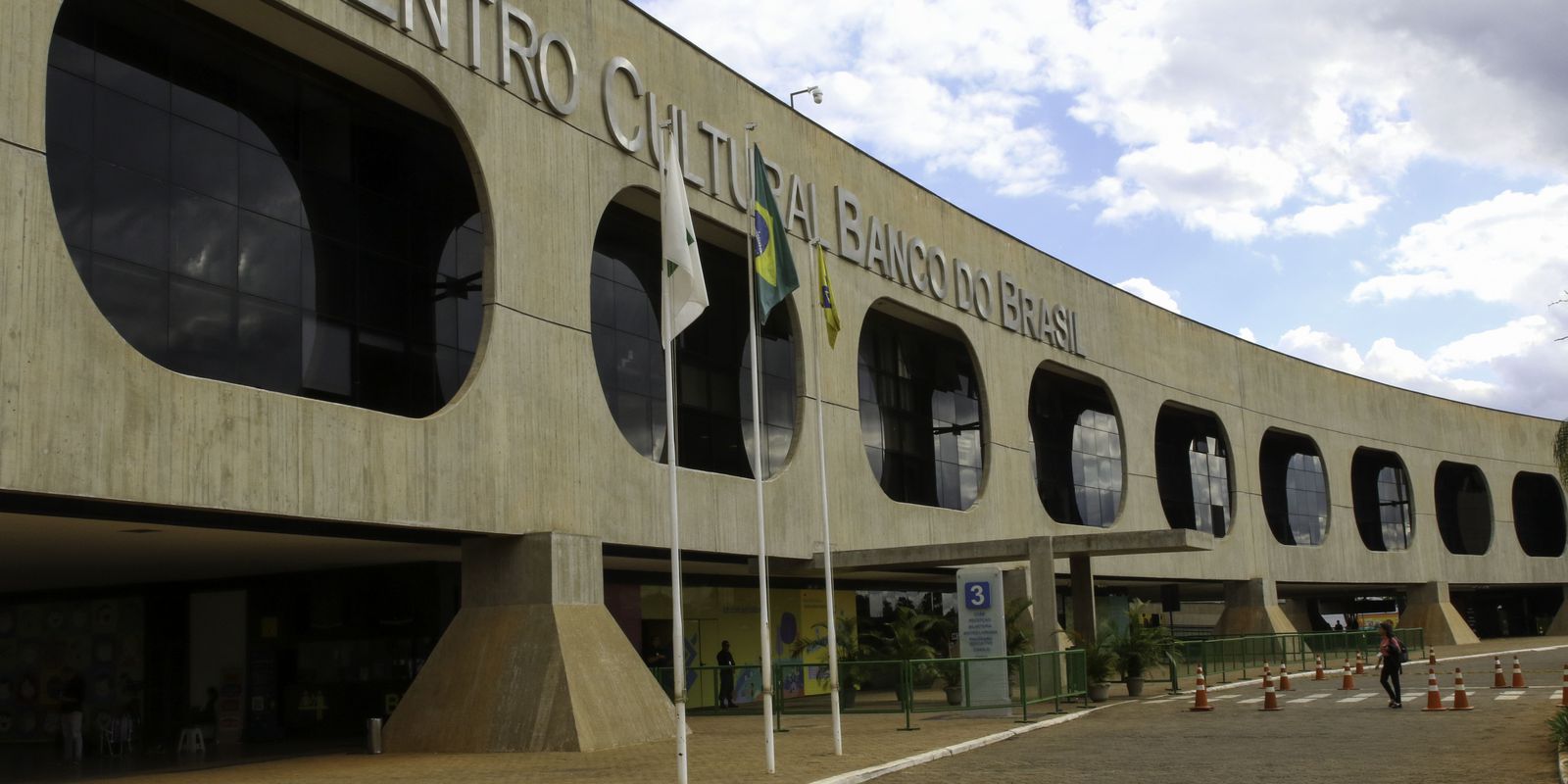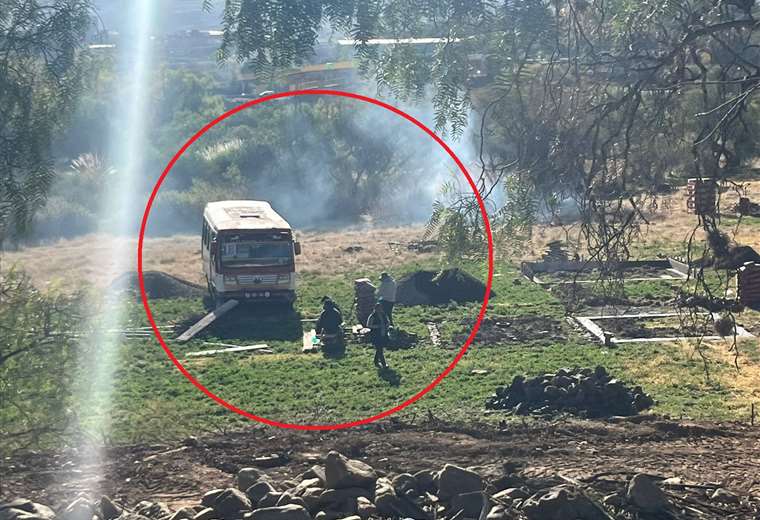The transition team of the elected government reported, this Tuesday (6), that one of the main concerns for the beginning of next year is the purchase of textbooks, which may not arrive in time for millions of Basic Education students. The balance sheet was presented at a press conference by the thematic group on Education for the future management, at the Centro Cultural Banco do Brasil (CCBB), in Brasília.
“The budget limit can generate a situation, in the case of textbooks, where we will not have the commitment or the contracting of textbooks, which may imply a delay in the delivery of books to basic education schools in Brazil”, said the former minister. of Education José Henrique Paim, member of the WG.
“How are you going to start the school year if the students are going to enter the classroom without the textbook for learning in all years of Basic Education? It is very serious what is happening”, reinforced the coordinator of the work groups of the transition, Aloizio Mercadante, who was also Minister of Education in PT governments.
According to Mercadante and Paim, the main focus of concern at the moment is precisely the budgetary and financial situation of the Ministry of Education (MEC) still for the year 2022. Earlier, during a meeting between the current ministerial team and the transition group , the MEC admitted that it did not have the resources (financial limit) to pay scholarships for resident physicians or graduate students (master’s, doctorate and postdoctoral).
In all, around 14,000 residents and more than 100,000 researchers who receive grants from the Coordination for the Improvement of Higher Education Personnel (Capes), an agency linked to the MEC, may be left without the December payment. The amount needed to cover these expenses is, according to the transition team, around BRL 480 million.
Mercadante emphasized that the Proposal for Amendment of the Constitution (PEC) of the transition, which advanced in the National Congress, does not resolve these pending issues. “The PEC does not decide to pledge textbooks, does not pay the resident doctor, does not pay the scholarship students. This is pending [para] this December end of the year. The PEC is to be resolved from January onwards”.
THE Brazil Agency sought advice from the MEC to obtain answers about the portfolio’s budgetary situation and the payment of scholarships and the purchase of school books, but did not receive a response by the end of the article.
child education
The Education WG also criticized the lack of federative dialogue between the Union, states and municipalities, in recent years, for the development of Basic Education. Senator elected by Pernambuco and member of the team, Teresa Leitão (PT) mentioned the discontinuity, for example, of transfer programs, by the federal government, of resources for municipalities to pay for day care centers and preschools.
“With regard to early childhood education, which is the responsibility of the municipalities, we had a continuous cut in the Union’s investment in the program called Brasil Carinhoso, for daycare and preschool. This discontinuity generated a 96% drop in resources for early childhood education. disdain in serving municipalities,” he said.








